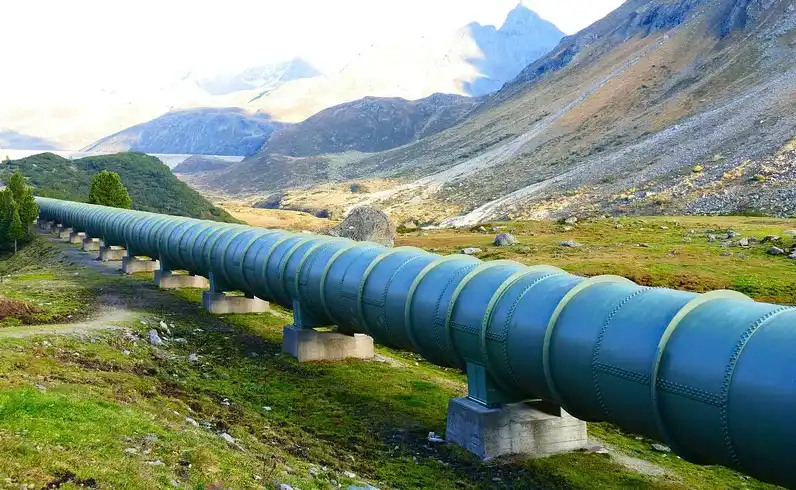Context:
Recently, Afghanistan announced that construction has begun on the $10 billion TAPI gas pipeline, which has experienced numerous delays due to security issues in the region.
About The Turkmenistan-Afghanistan-Pakistan-India (TAPI) pipeline
- It is a major project that aims to transport natural gas from Turkmenistan to three other countries in South Asia.
- The pipeline will export volume of 33 billion cubic meters of natural gas extracted from the Galkynysh gas field in southeastern Turkmenistan.
- It is funded by the Asian Development Bank (ADB).
- Pipeline Length: Approximately 1,800 kilometers (1,120 miles).

Route:
- Turkmenistan: Begins at the Galkynysh gas field.
- Afghanistan: Passes through Herat and Kandahar.
- Pakistan: Moves through Balochistan province.
- India: Ends in Fazilka, Punjab.
Gas Distribution:
- Pakistan and India: Each will purchase 47.5% of the gas.
- Afghanistan: Will receive 5% of the gas and earn around $500 million per year in transit fees.
Background of TAPI gas Pipeline
- 1990s: The TAPI pipeline project was conceived to transport Turkmenistan’s gas reserves from the Galkynysh field through Afghanistan and Pakistan, potentially reaching India.
- March 2003: India was invited to join the project.
- December 2010: An intergovernmental agreement for the pipeline was signed, but the project faced delays due to technical, financial, and security issues.
- 2016: The four countries signed an initial investment agreement for the TAPI pipeline project.
- 2021: The pipeline was expected to become operational, but construction was put on hold due to political unrest in Afghanistan.
Significance of TAPI gas pipeline
India
- Energy Security: It will supply India with a significant amount of natural gas, contributing to its energy security and reducing reliance on other sources. This is especially important given the country’s high energy demands.
- Regional Cooperation: By participating in the TAPI pipeline, India strengthens its strategic ties with Turkmenistan and other neighboring countries, fostering regional energy cooperation and stability.
Afghanistan
- Economic Impact: The TAPI pipeline is expected to create 12,000 jobs in Afghanistan and provide gas at a lower cost compared to liquefied natural gas (LNG), ensuring a reliable supply.
- Strategic Importance: As the most significant development project for the Taliban since 2021, it boosts Afghanistan’s role in regional cooperation and addresses major energy needs in Central and South Asia.

